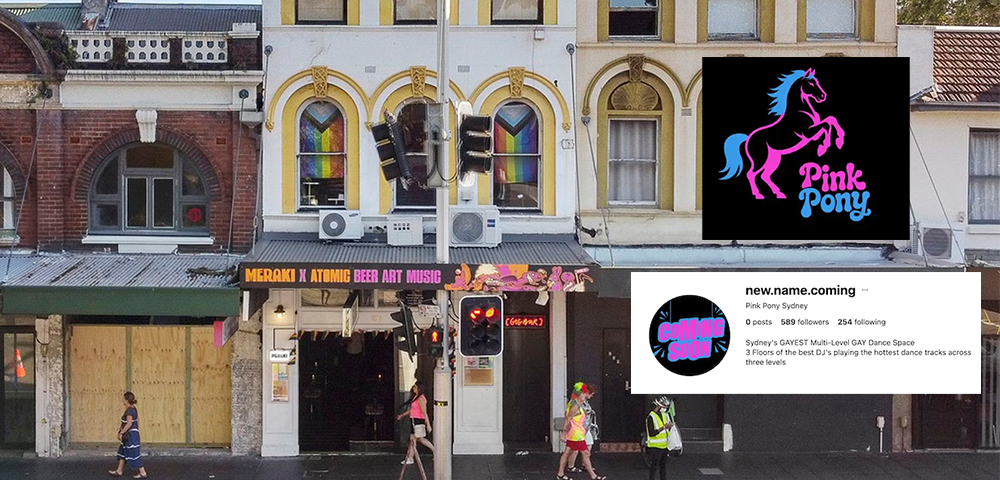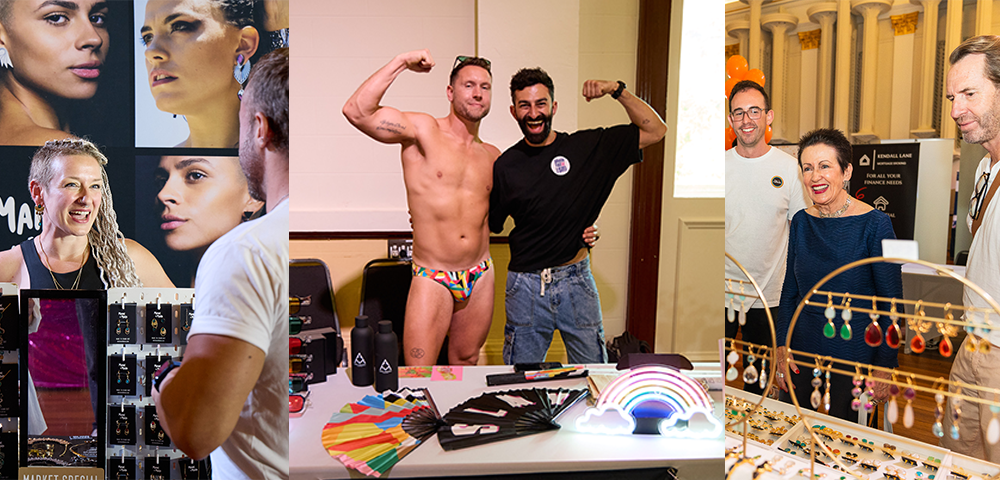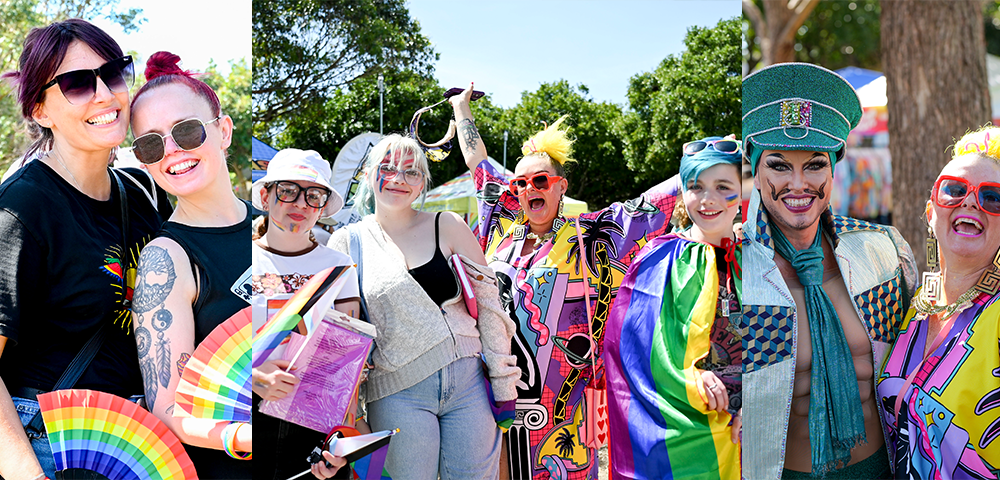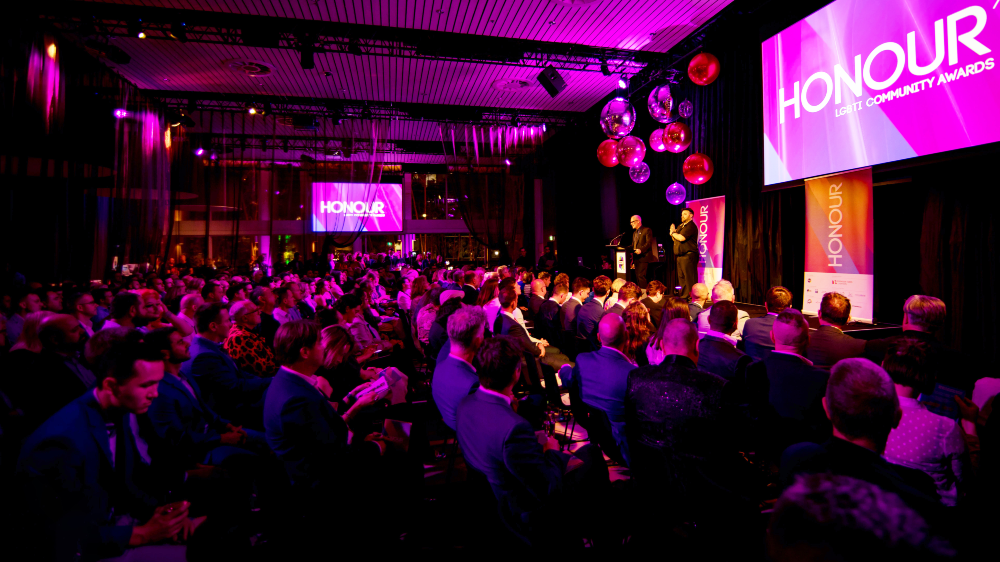
Insult And The Making Of The Gay Self
It may seem a bit of an odd thing to write a book about insults as the foundation for gay identity. It may seem quite old-fashioned. You may even suspect a bit of internalised homophobia at work in such a project. Well, in this case nothing could be further from the truth.
French philosopher, historian and journalist Didier Eribon’s Insult And The Making Of The Gay Self is a wonderful, insightful meditation on gay and lesbian life, culture and history. It is rich in its exploration of the complex and contradictory forces which shape and reshape gay and lesbian people’s identities.
Eribon is probably best known in the English-speaking world as the biographer of that other great gay French intellectual Michel Foucault. In this collection of inter-related essays Foucault is again a big presence but not in any easy or predictable way. The other big presence is Oscar Wilde.
The Irish dandy, master of the one-liner, might seem to have little in common with a writer of what many regard as difficult philosophy. Eribon thinks differently.
There is an astonishing intellectual kinship between Foucault and Wilde, seen in the manner in which they both sought to invent gestures of resistance to take their distance from instituted norms, Eribon writes.
Foucault should be placed within the history of the coming to speech of gay people and in the line of authors who, from the end of the 19th century onward, have tried to create spaces -“ practical spaces as well as literary and theoretical ones -“ in which to resist subjection and in which to reformulate oneself.
This notion that gay and lesbian people are continually forced to reformulate themselves is key to Eribon’s argument.
Gay lives often begin in a state of deferral. They only really begin when someone reinvents himself. Leaving behind, at least partially, his ashamed secrecy and his silence, when he makes choices instead of merely putting up with things -¦ before that gay lives are only lived by proxy or in one’s imagination; they are lives in the offing, both feared and longed for, Eribon writes.
This state of deferral, this twilight zone of many gay childhoods and adolescences, comes from our sense of difference. Eribon argues that it is the insult that most powerfully shapes this experience. And he is not just talking about name calling and shouted verbal abuse. In many of today’s more liberal urban environments it acts much more subtly, as rumour, innuendo, the dismissive glance.
The insult sets up an us and them in which the gay or lesbian person is immediately placed outside the boundaries of the tribe.
Insult is more than a word it describes. It is not simply telling me what I am. If someone calls me a -˜dirty faggot’ (or -˜dirty nigger’ or -˜dirty kike’) or even simply -˜faggot’ or -˜nigger’ or -˜kike’ that person is not trying to tell me something about myself. That person is letting me know that he or she has something on me, has power over me.
Gays and lesbians live in a world of insults and confront a language that hems them in, that often forces them to make difficult choices between secrecy and disclosure.
Even though Eribon reflects in great detail about this process of insult, his book is really a celebration of the ways that gay and lesbian people have found to reformulate themselves within the confines of these forces, to make new lives, find new spaces and speak a new more inclusive language.
It is a beautifully written, important book that will have a powerful effect in helping us understand our secret and public selves.
Didier Eribon’s Insult And The Making Of The Gay Self is published by Duke University Press.









